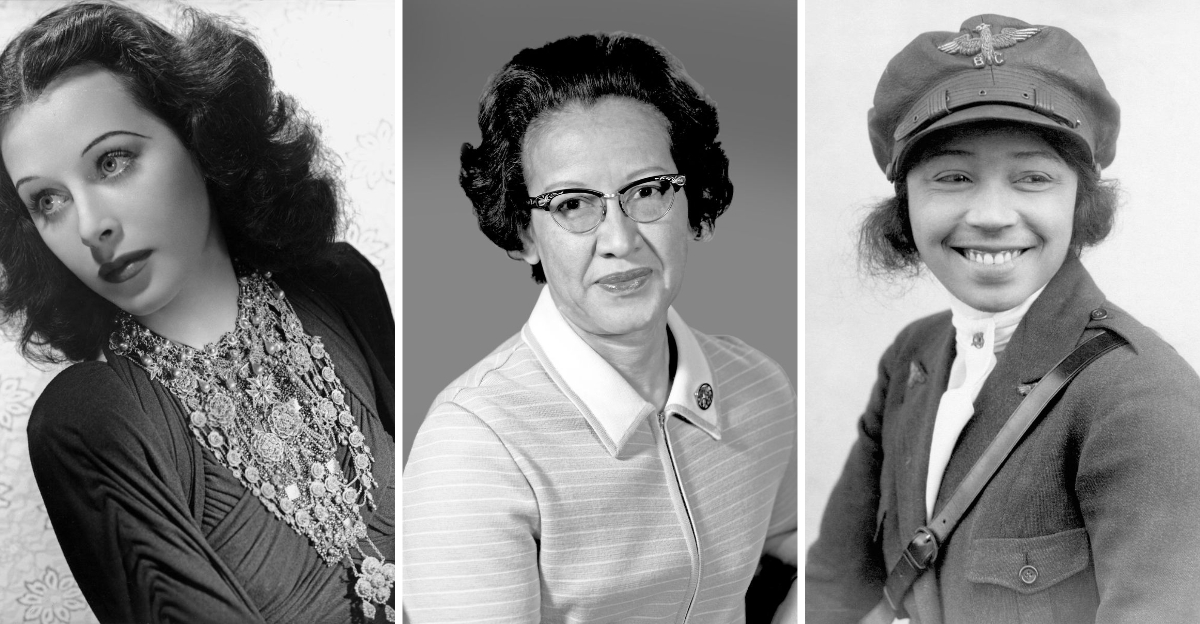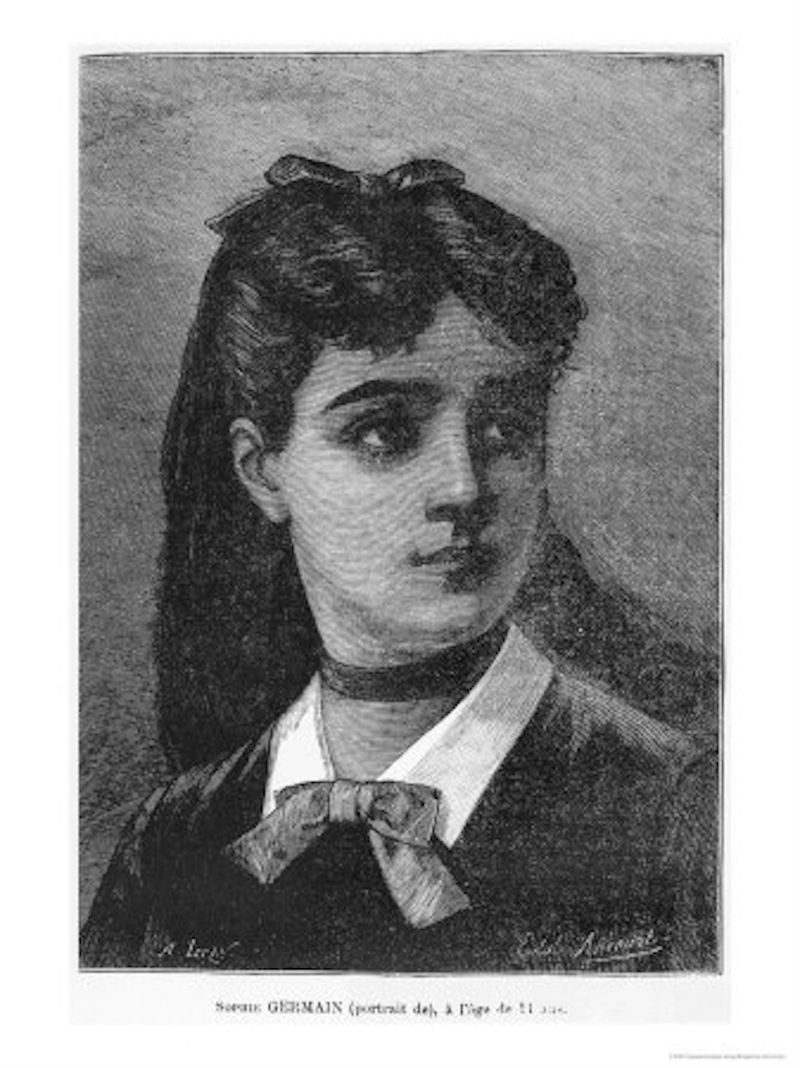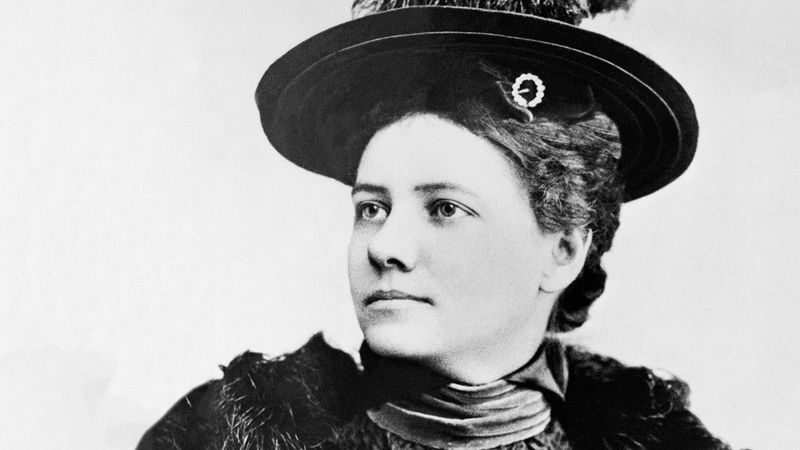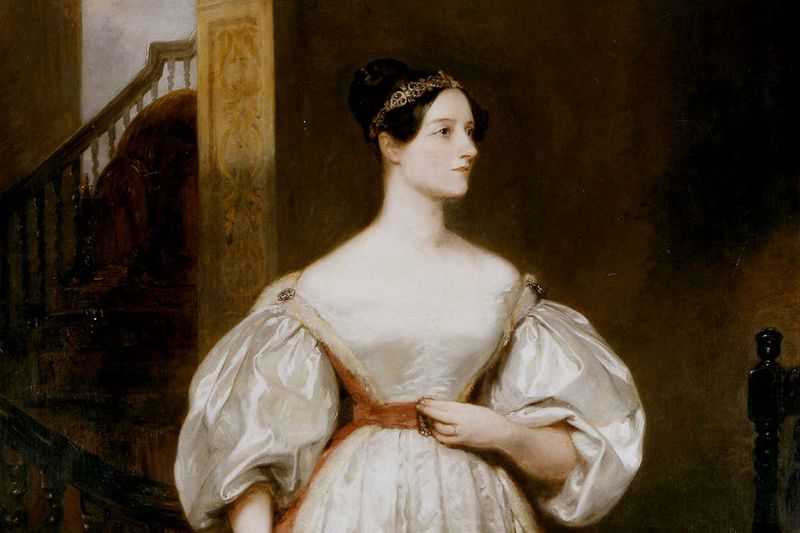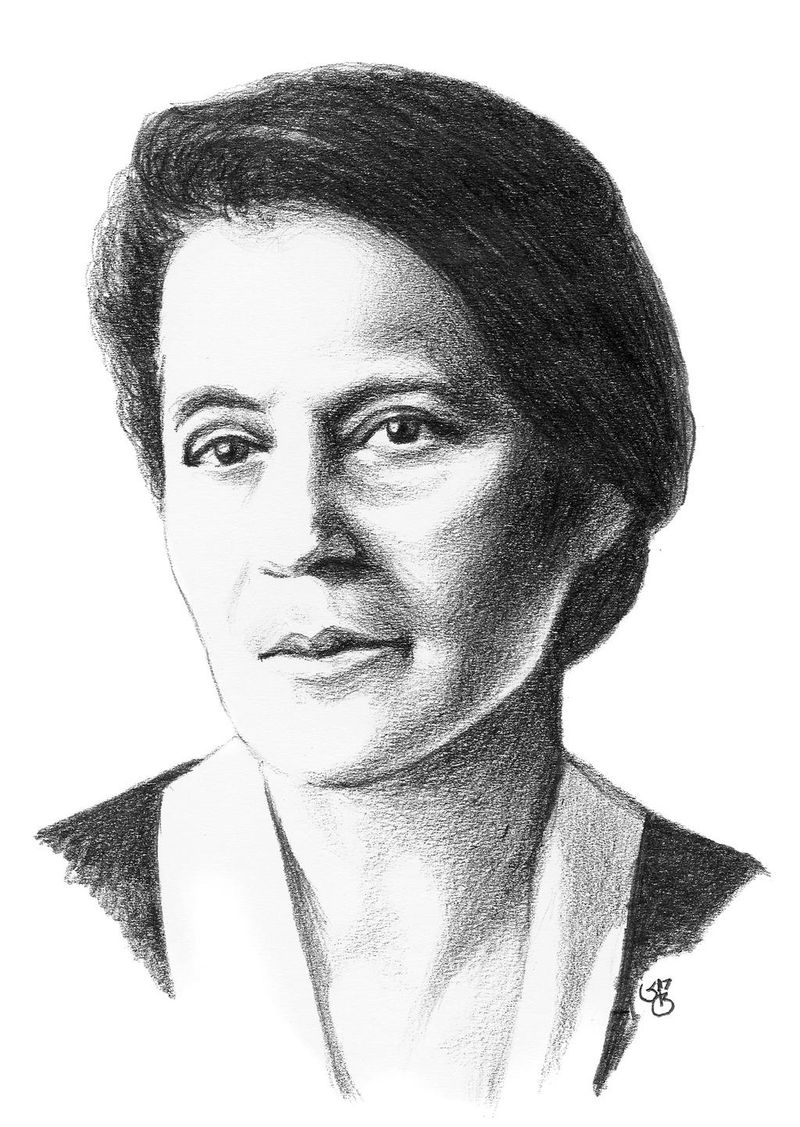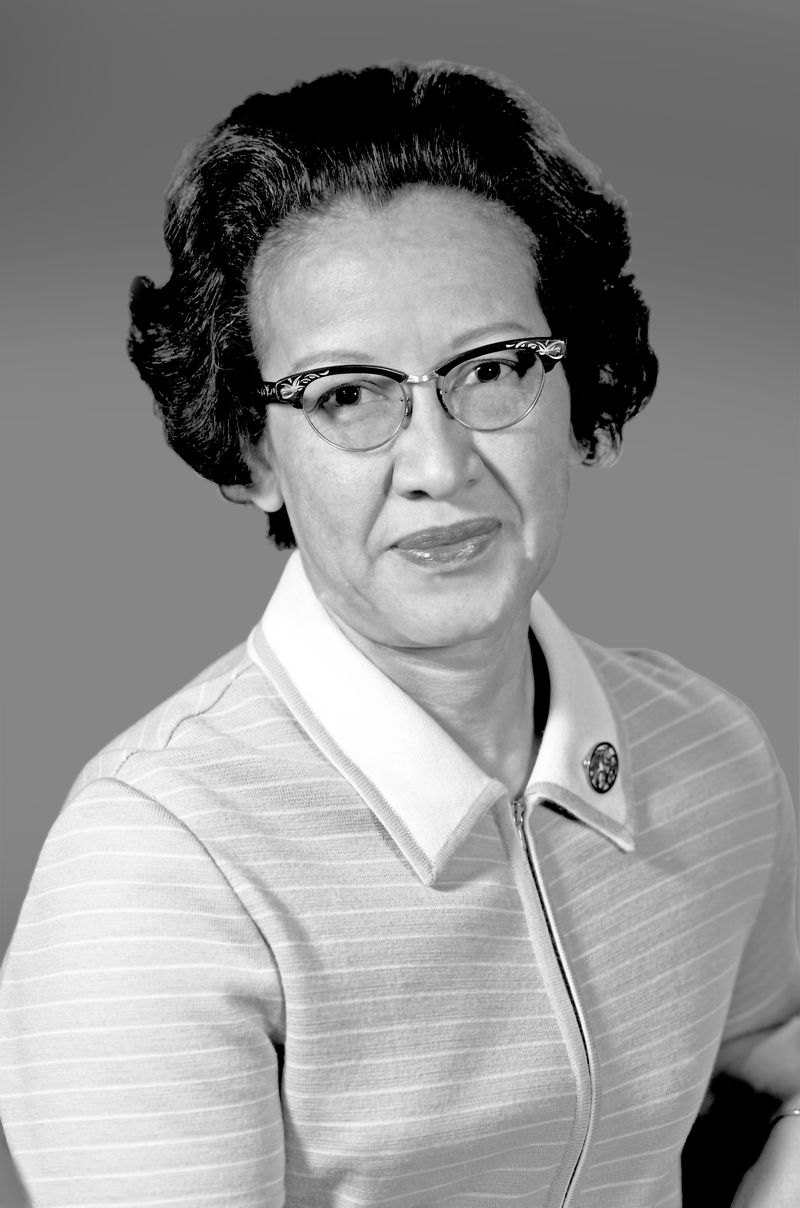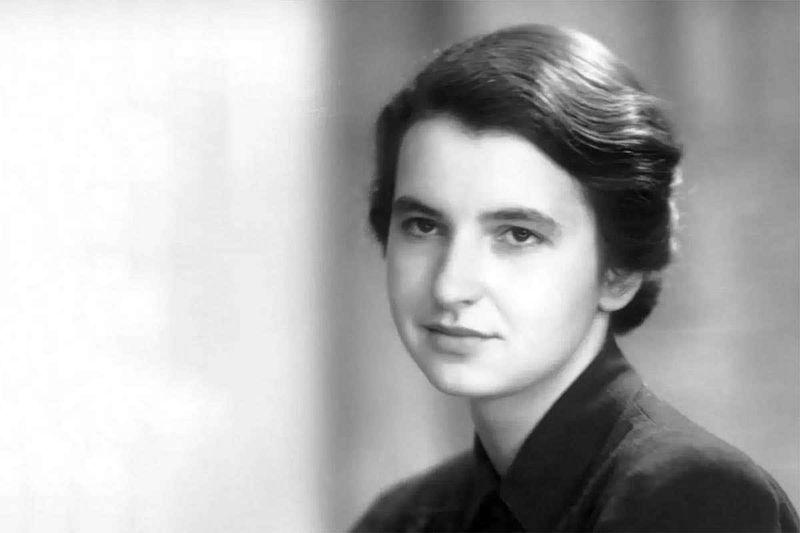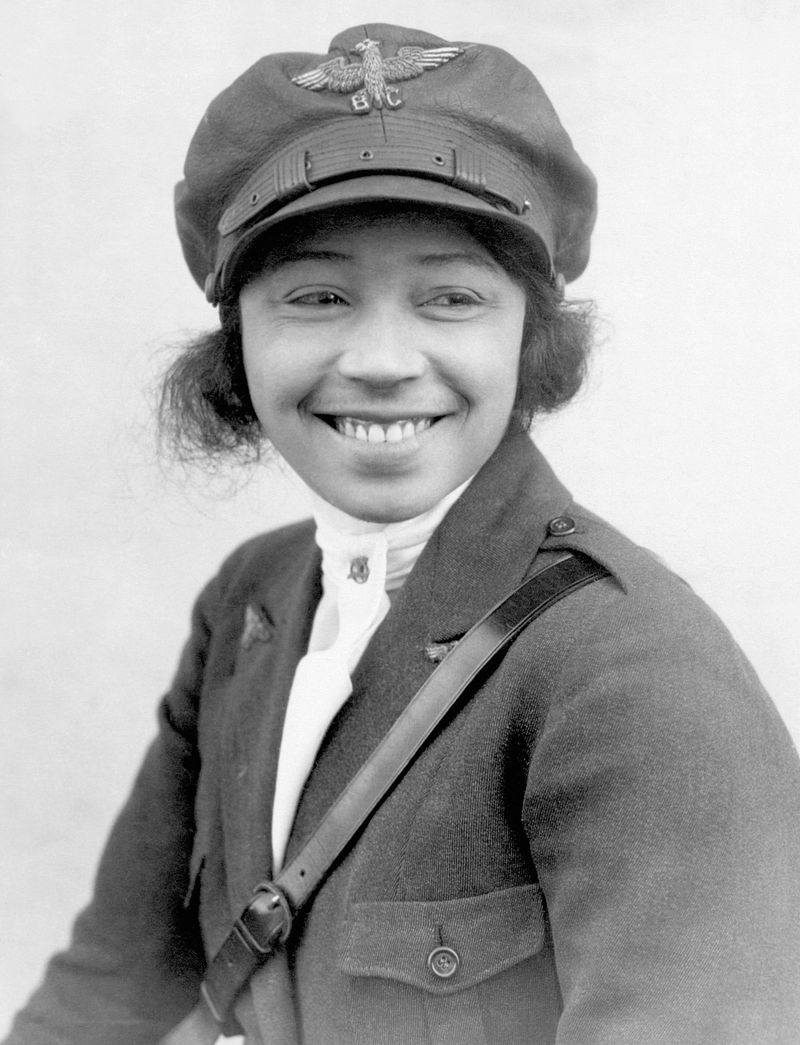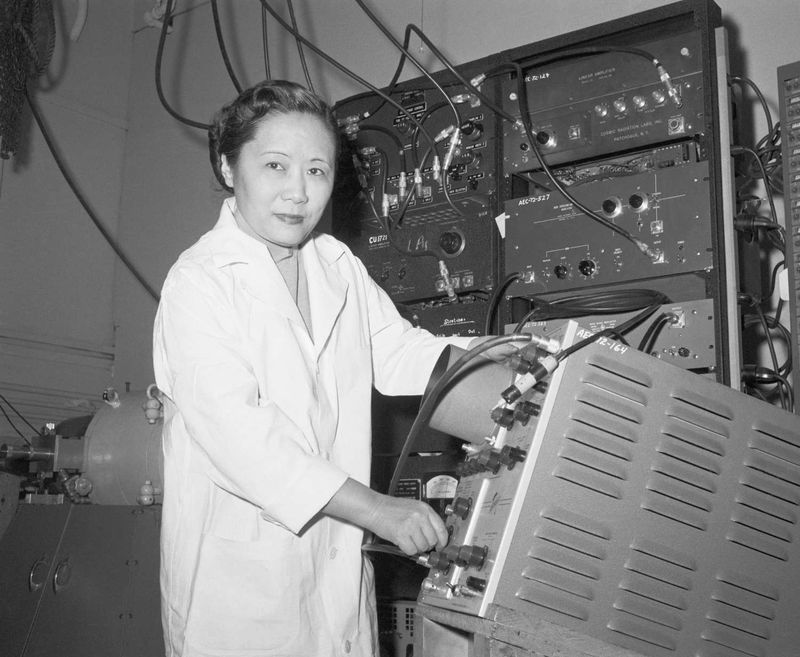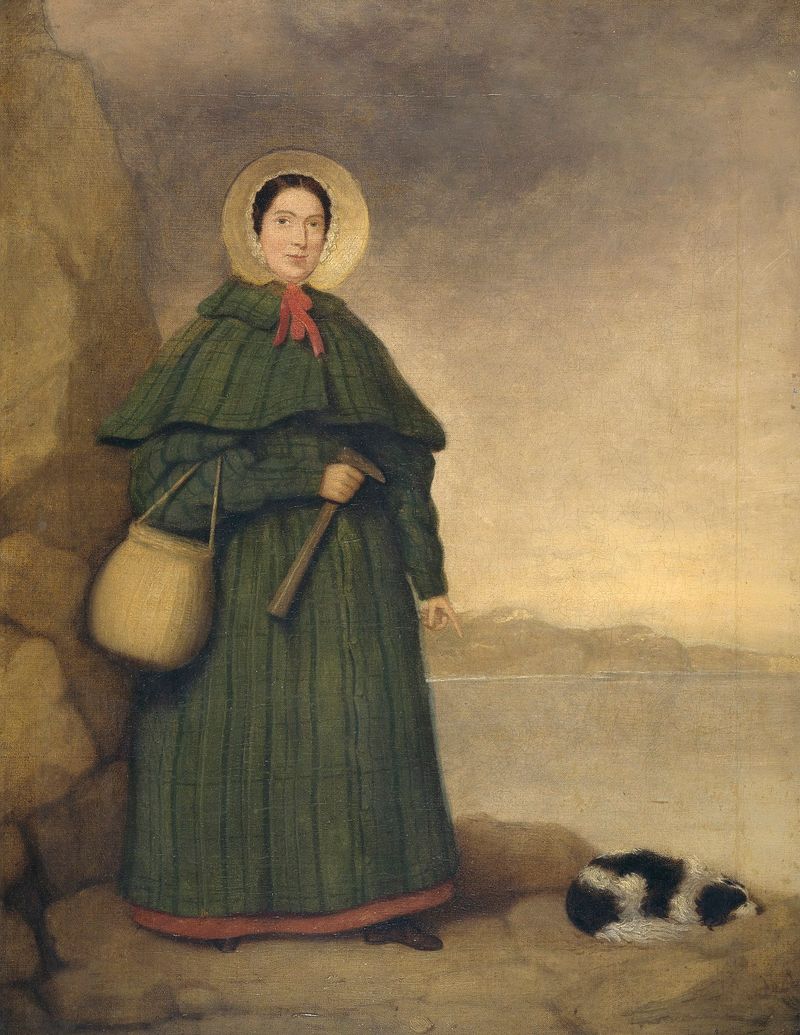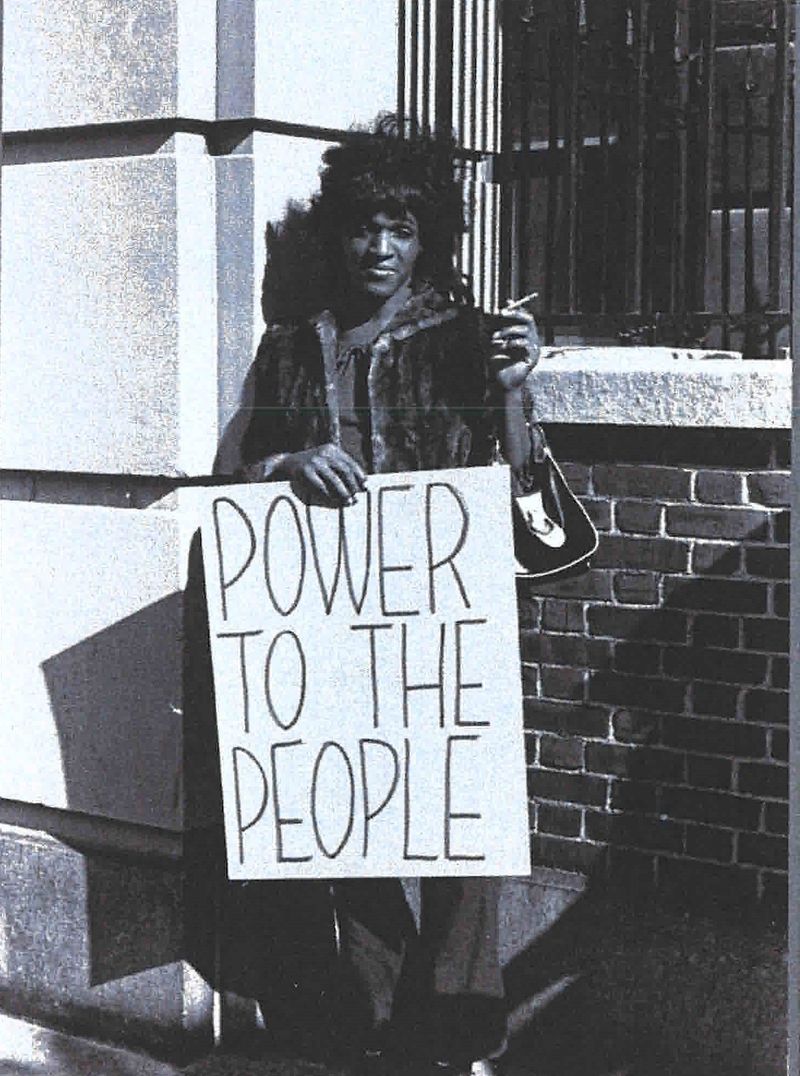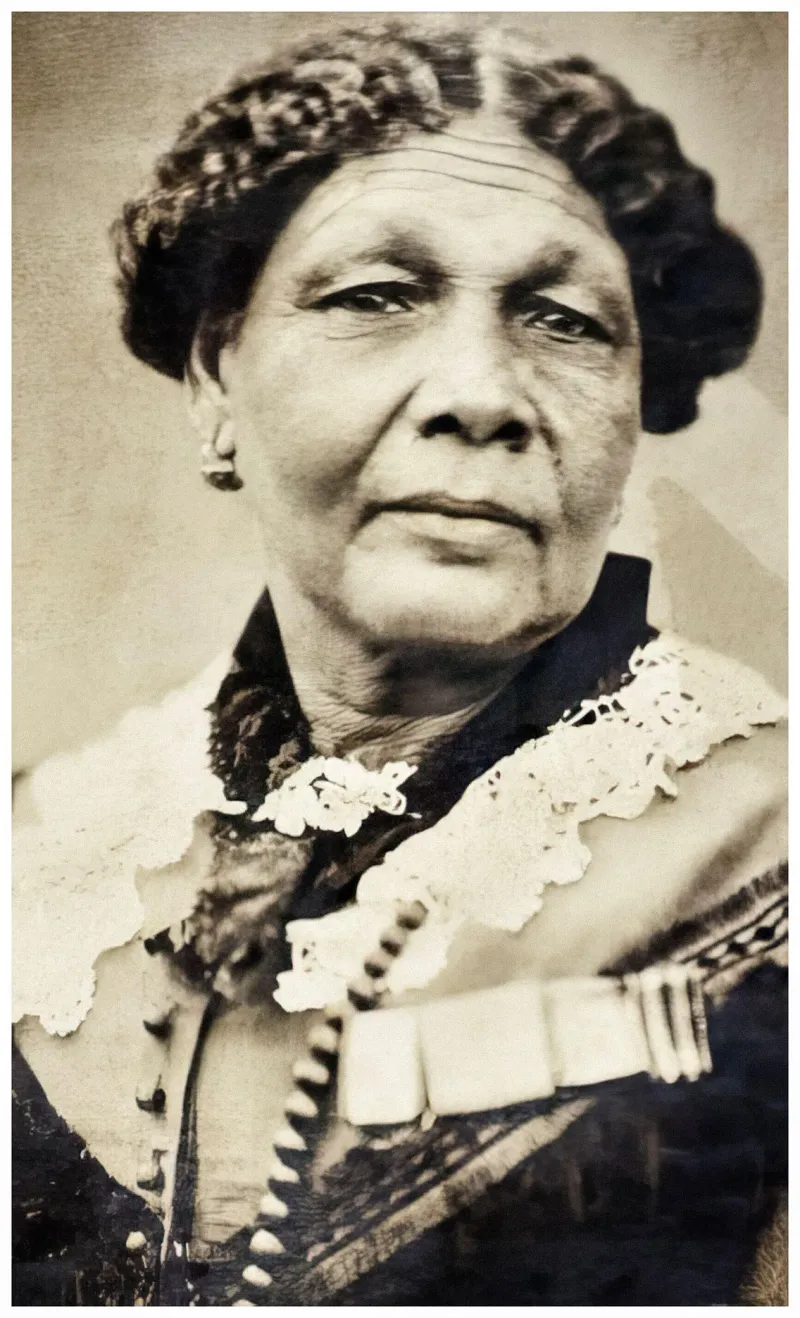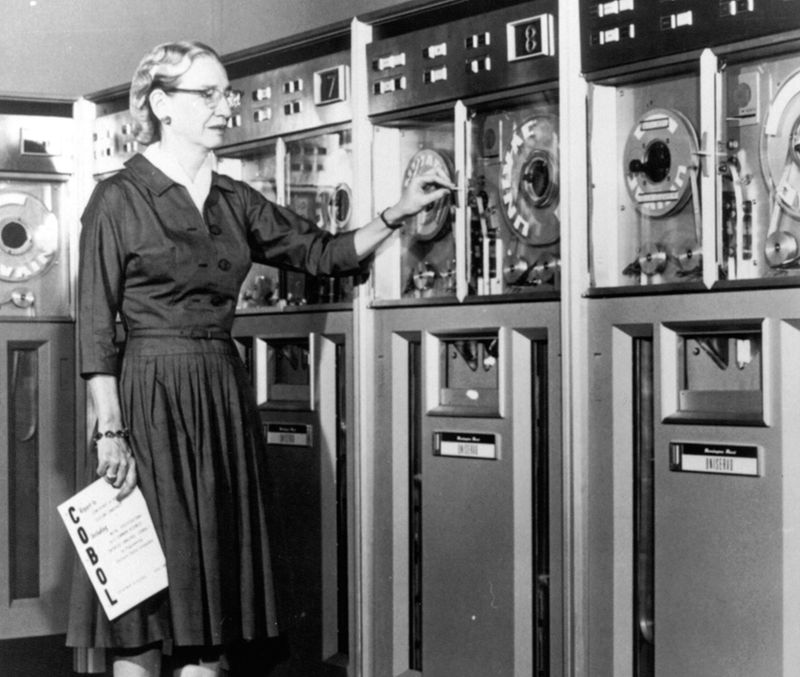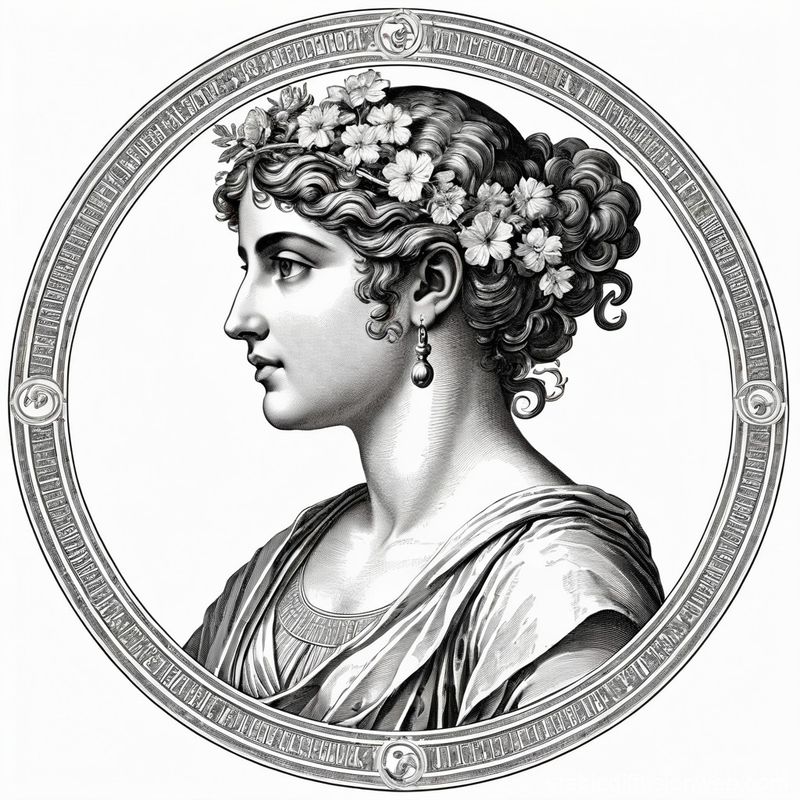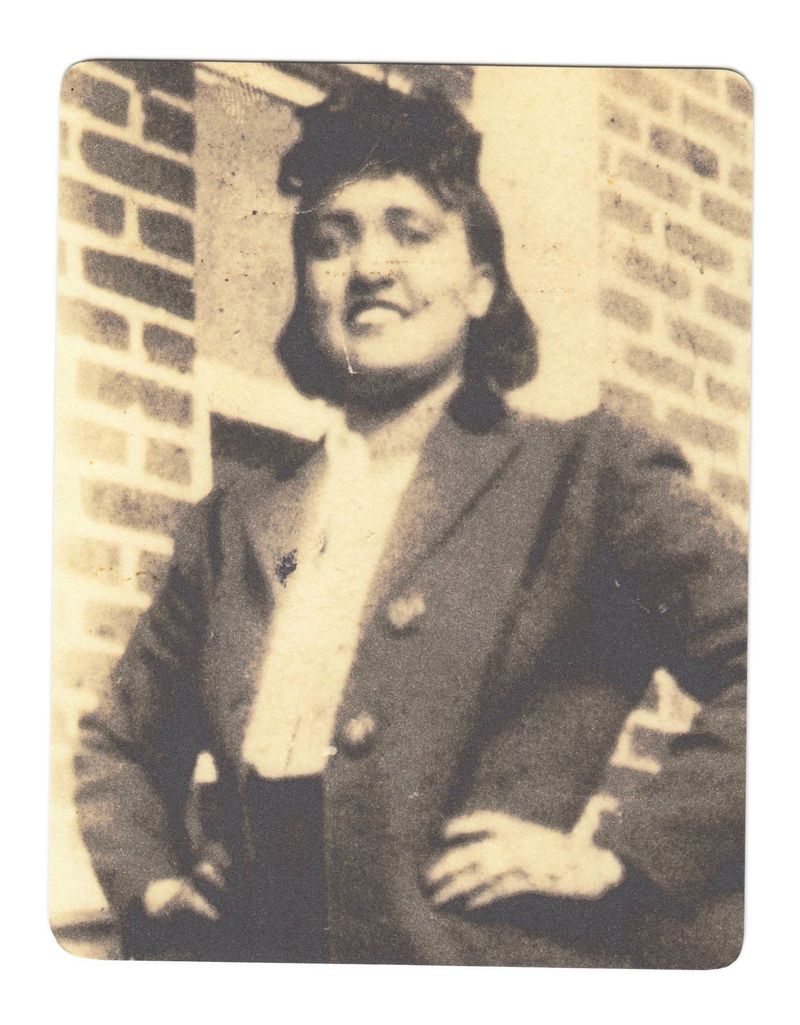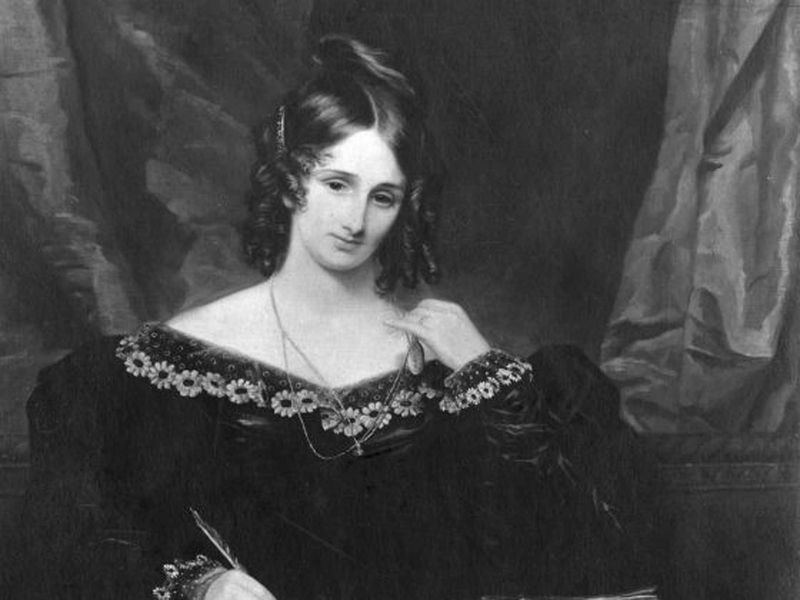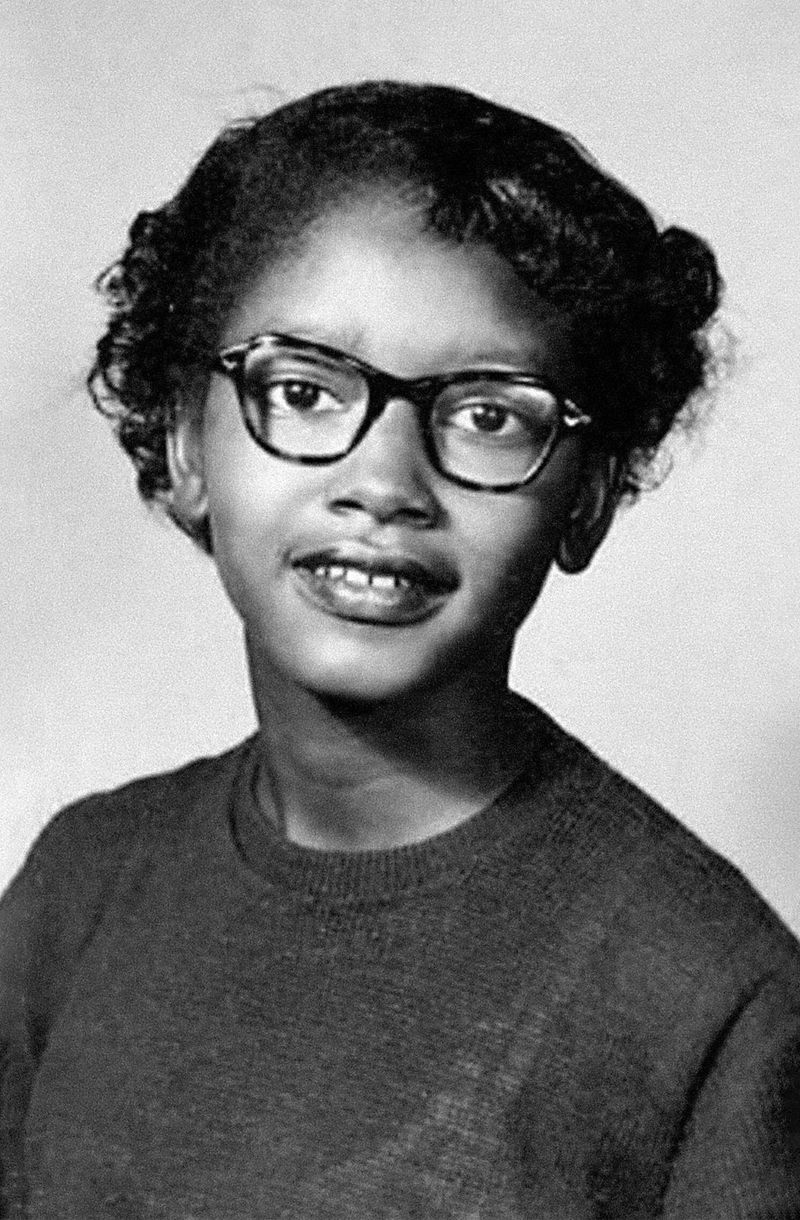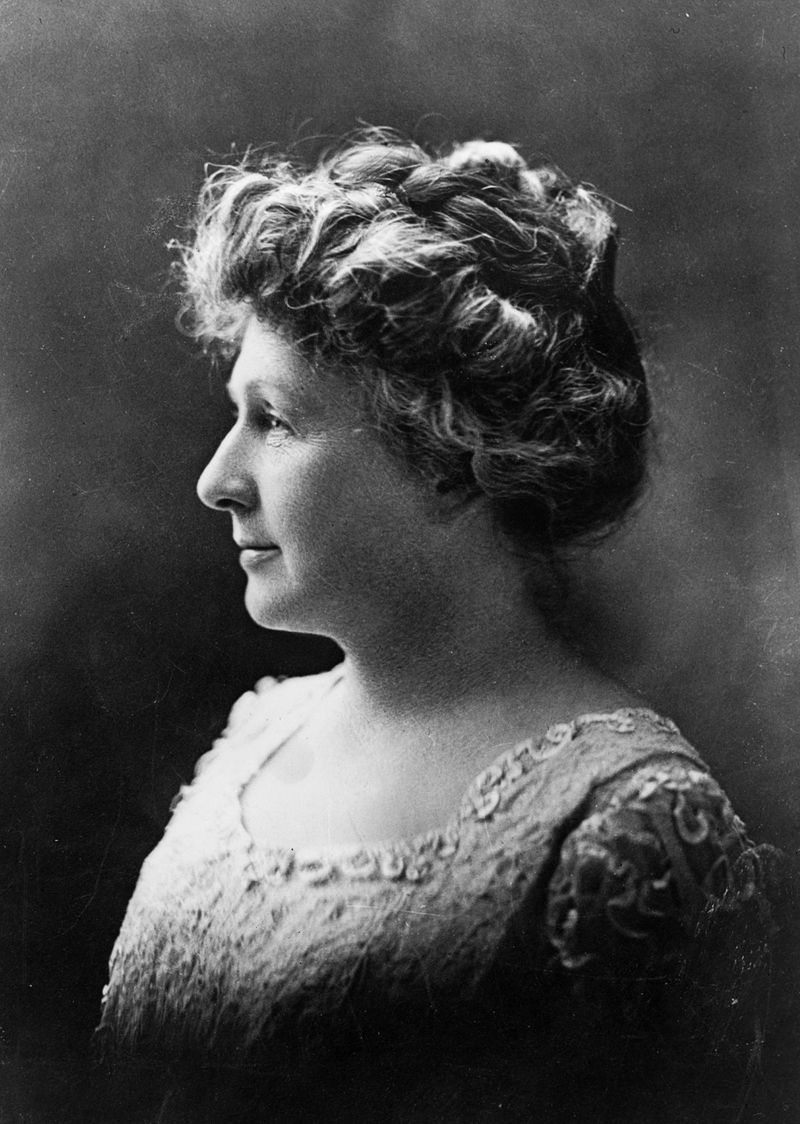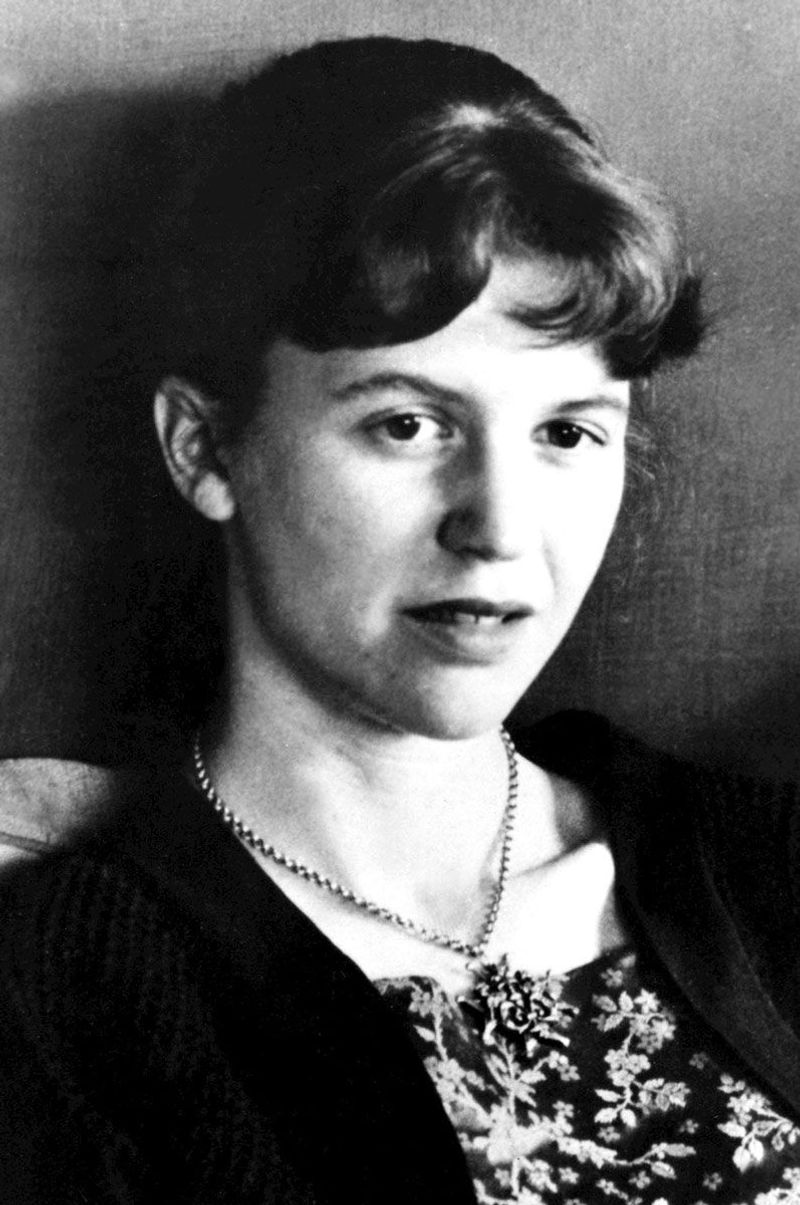Throughout history, countless women have made significant contributions to society, yet many remain overshadowed by their male counterparts. This post highlights 19 remarkable women whose achievements have been unfairly overlooked. By shining a light on their stories, we aim to celebrate their legacies and inspire future generations.
Sophie Germain
Sophie Germain was a pioneering French mathematician who made substantial contributions to number theory and elasticity. Despite her achievements, she faced significant barriers due to her gender in an era when women were not allowed formal education. Germain’s work on Fermat’s Last Theorem earned her recognition among contemporaries, but she often had to publish under a male pseudonym.
Her persistence in the face of adversity laid the groundwork for future female mathematicians. Germain’s story reminds us of the countless women whose contributions to science have been hidden due to gender biases, urging us to acknowledge and celebrate their accomplishments.
Nellie Bly
Nellie Bly was an American journalist renowned for her pioneering work in investigative journalism. In the late 19th century, she famously went undercover in a mental institution to expose its poor conditions, leading to significant reforms. Bly’s daring spirit and commitment to uncovering the truth broke barriers for women in journalism.
Despite her groundbreaking work, Bly’s contributions are often overshadowed by her male peers. Her life and career demonstrate the tenacity required to challenge societal norms and the importance of highlighting women’s roles in shaping history. Rediscovering her legacy encourages us to value courage and innovation.
Ada Lovelace
Ada Lovelace, an English mathematician, is often regarded as the first computer programmer due to her work on Charles Babbage’s Analytical Engine. Her visionary insights foresaw the potential of computers beyond mere calculation. Despite her brilliance, Lovelace’s contributions were largely unappreciated during her lifetime.
Lovelace’s story exemplifies the challenges faced by women in STEM fields, historically and today. Her ability to envision the future of technology highlights the importance of recognizing women’s roles in breakthroughs often attributed solely to men. Lovelace inspires generations of women to pursue their passions and reshape the tech landscape.
Lise Meitner
Lise Meitner was an Austrian-Swedish physicist who played a crucial role in the discovery of nuclear fission. Despite her pivotal contributions, she was overlooked for the Nobel Prize, which was awarded to her male collaborator. Meitner’s work was instrumental in advancing the field of nuclear physics.
Her exclusion from accolades highlights the systemic gender biases prevalent in the scientific community. Meitner’s perseverance and dedication to her craft remind us of the importance of equity and recognition for women in science. Her achievements continue to inspire and empower women to pursue scientific careers.
Hedy Lamarr
Hedy Lamarr was not only a glamorous Hollywood actress but also an ingenious inventor. During World War II, she co-developed a frequency-hopping technology that laid the foundation for modern wireless communication, including Wi-Fi and Bluetooth. Despite the significance of her invention, Lamarr’s contributions were overlooked for decades.
Her dual legacy in entertainment and technology demonstrates the multifaceted talents and potential of women. Lamarr’s story serves as a reminder that brilliance can transcend traditional roles and that women’s intellectual contributions deserve recognition and celebration. Her life encourages us to look beyond appearances and appreciate inner potential.
Katherine Johnson
Katherine Johnson was an African-American mathematician whose calculations were critical to the success of early NASA missions, including the Apollo moon landing. Despite her vital contributions, she worked in obscurity due to racial and gender barriers prevalent during her time at NASA.
Johnson’s story gained recognition later in life, showcasing the importance of acknowledging unsung heroes. Her perseverance not only contributed to space exploration but also paved the way for future generations of women and minorities in STEM. Johnson’s legacy inspires us to break barriers and champion diversity and inclusion in science and engineering.
Rosalind Franklin
Rosalind Franklin was a British chemist whose work with X-ray diffraction was crucial in discovering the DNA double helix structure. Despite her pivotal role, Franklin did not receive the same recognition as her male colleagues, who won the Nobel Prize for their DNA model.
Her exclusion from accolades underlines the gender disparities in scientific recognition. Franklin’s determination and intellectual rigor contributed significantly to molecular biology. Understanding her contributions prompts us to reevaluate historical narratives and ensure that women receive due credit for their scientific achievements. Her story encourages women to pursue science boldly and unapologetically.
Bessie Coleman
Bessie Coleman was the first African-American woman to earn a pilot’s license and the first to stage a public flight in America. Despite her groundbreaking achievements, she faced racial and gender discrimination, forcing her to train in France.
Coleman’s story of determination and resilience in the face of adversity is inspiring. She broke barriers in aviation and became a symbol of possibility for women and minorities. By acknowledging Coleman’s achievements, we can better appreciate the diverse pioneers in history who paved the way for future generations, encouraging them to soar beyond limitations set by society.
Chien-Shiung Wu
Chien-Shiung Wu, a Chinese-American physicist, made groundbreaking contributions to nuclear physics, particularly in beta decay experiments. Despite her critical role in disproving the law of conservation of parity, Wu was not awarded the Nobel Prize, which went to her male collaborators.
Wu’s story highlights the challenges women face in receiving recognition within the scientific community. Her dedication and pioneering work continue to inspire countless women in physics. Wu’s legacy urges us to create an environment where women’s contributions are valued and celebrated equally, fostering a more inclusive and equitable scientific community.
Mary Anning
Mary Anning was a self-taught paleontologist whose fossil discoveries in the Jurassic marine fossil beds of Dorset, England, contributed significantly to the field. Despite her contributions, Anning received little credit during her lifetime due to her gender and social status.
Her discoveries provided valuable insights into extinct species and the history of the Earth. Anning’s legacy challenged societal norms and emphasized the importance of recognizing contributions from all walks of life. By honoring her work, we encourage a more inclusive historical narrative that gives voice to those who have been marginalized in science and history.
Marsha P. Johnson
Marsha P. Johnson was a key figure in the Stonewall Uprising and a vocal advocate for LGBTQ+ rights. Despite her significant contributions to the movement, she faced marginalization due to her gender identity and race. Johnson’s activism laid the groundwork for future generations of LGBTQ+ advocates.
Her tenacity and passion for justice underscore the need to recognize diverse voices within social movements. Johnson’s legacy inspires continued advocacy for equality and inclusion, urging society to honor those often overlooked in history. Her life is a testament to the difference one individual can make in the fight for civil rights.
Mary Seacole
Mary Seacole was a Jamaican nurse who provided care for soldiers during the Crimean War. Despite her dedication and expertise, she was overshadowed by her contemporary, Florence Nightingale. Seacole’s contributions were crucial in managing medical care on the battlefield.
Her story highlights the racial and gender biases that often obscure women’s achievements. Seacole’s compassion and resilience in the face of adversity remind us of the diverse contributions to nursing and healthcare. By celebrating her legacy, we honor the unsung heroines whose work has had a lasting impact on patient care and medical practices.
Grace Hopper
Grace Hopper was a pioneering computer scientist who developed the first compiler for a computer programming language, leading to the creation of COBOL. Her innovative work in computer science laid the foundation for modern programming languages. Despite her contributions, Hopper’s achievements are often overshadowed.
Hopper’s story underscores the critical role women have played in technology development. Her ability to envision the future of computing paved the way for new technological advancements. Celebrating Hopper’s legacy inspires future generations to embrace STEM and continue pushing the boundaries of technological innovation, regardless of gender.
Hypatia of Alexandria
Hypatia was an ancient Greek philosopher, mathematician, and astronomer in Alexandria, Egypt. Her intellectual pursuits and teachings made significant impacts in these fields. Despite her accomplishments, she was brutally murdered, and her contributions were largely forgotten in the male-dominated historical narrative.
Her story reflects the challenges faced by women in academia throughout history. Hypatia’s resilience and dedication to knowledge continue to inspire scholars today. Recognizing her legacy encourages us to value diverse perspectives in education and promote an inclusive academic environment that honors the contributions of women in history.
Henrietta Lacks
Henrietta Lacks was an African-American woman whose cancer cells, taken without her knowledge, became one of the most important tools in medicine, known as HeLa cells. These cells have been instrumental in numerous medical breakthroughs, yet Lacks received no recognition during her lifetime.
Her story raises ethical questions about consent and highlights systemic racial injustices in medical research. Lacks’ legacy urges the scientific community to uphold ethical standards and recognize contributions beyond accolades. Honoring her memory encourages a more equitable approach to research, ensuring individuals’ rights are respected and celebrated.
Mary Shelley
Mary Shelley, an English writer, is best known for her novel “Frankenstein.” Despite its lasting impact, Shelley often did not receive credit for her pioneering work in science fiction during her lifetime. Her creation has influenced countless literary works and sparked discussions on the ethics of scientific experimentation.
Shelley’s story underscores the gender-based challenges women writers faced in gaining recognition. Her contributions paved the way for others in the genre, encouraging exploration of new themes. Celebrating Shelley’s legacy inspires continued innovation in literature, highlighting the importance of recognizing women’s creative influence in shaping cultural narratives.
Claudette Colvin
Claudette Colvin was a pivotal figure in the American Civil Rights Movement, refusing to give up her seat on a segregated bus nine months before Rosa Parks. Despite her brave act, she did not receive the same recognition due to her age and circumstances.
Colvin’s courage played a crucial role in the fight against segregation, yet her story remains lesser-known. Her defiance against racial injustice inspires continued advocacy for equality. Recognizing Colvin’s contributions encourages us to honor the diverse voices that have shaped civil rights history and to continue the pursuit of justice for all.
Annie Jump Cannon
Annie Jump Cannon was an astronomer whose stellar classification system became the foundation of modern astrophysics. Despite her substantial contributions, she was often overshadowed by her male counterparts.
Cannon’s dedication to her work paved the way for future advancements in astronomy, highlighting the importance of women’s roles in science. Her legacy reminds us to appreciate contributions from women in traditionally male-dominated fields. By celebrating her achievements, we inspire future generations to pursue their passions in science and emphasize the significance of diverse perspectives in broadening our understanding of the universe.
Sylvia Plath
Sylvia Plath was an influential American poet and novelist whose confessional style transformed modern literature. Despite her significant impact, Plath’s work was often overshadowed by her tumultuous personal life and untimely death.
Her writings provided a voice to the complexities of mental health, breaking barriers in literary expression. Plath’s legacy continues to resonate with readers, inspiring dialogue on mental health and creativity. By highlighting her contributions, we honor the importance of addressing mental health issues and celebrate the transformative power of literature in shaping societal conversations and understanding human experiences.
